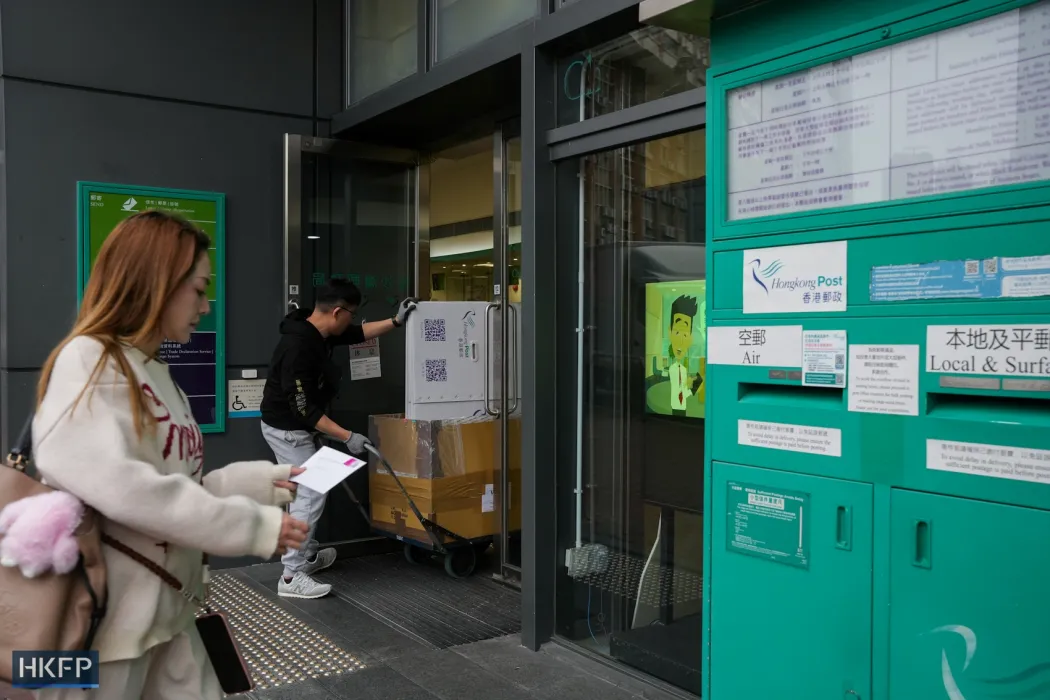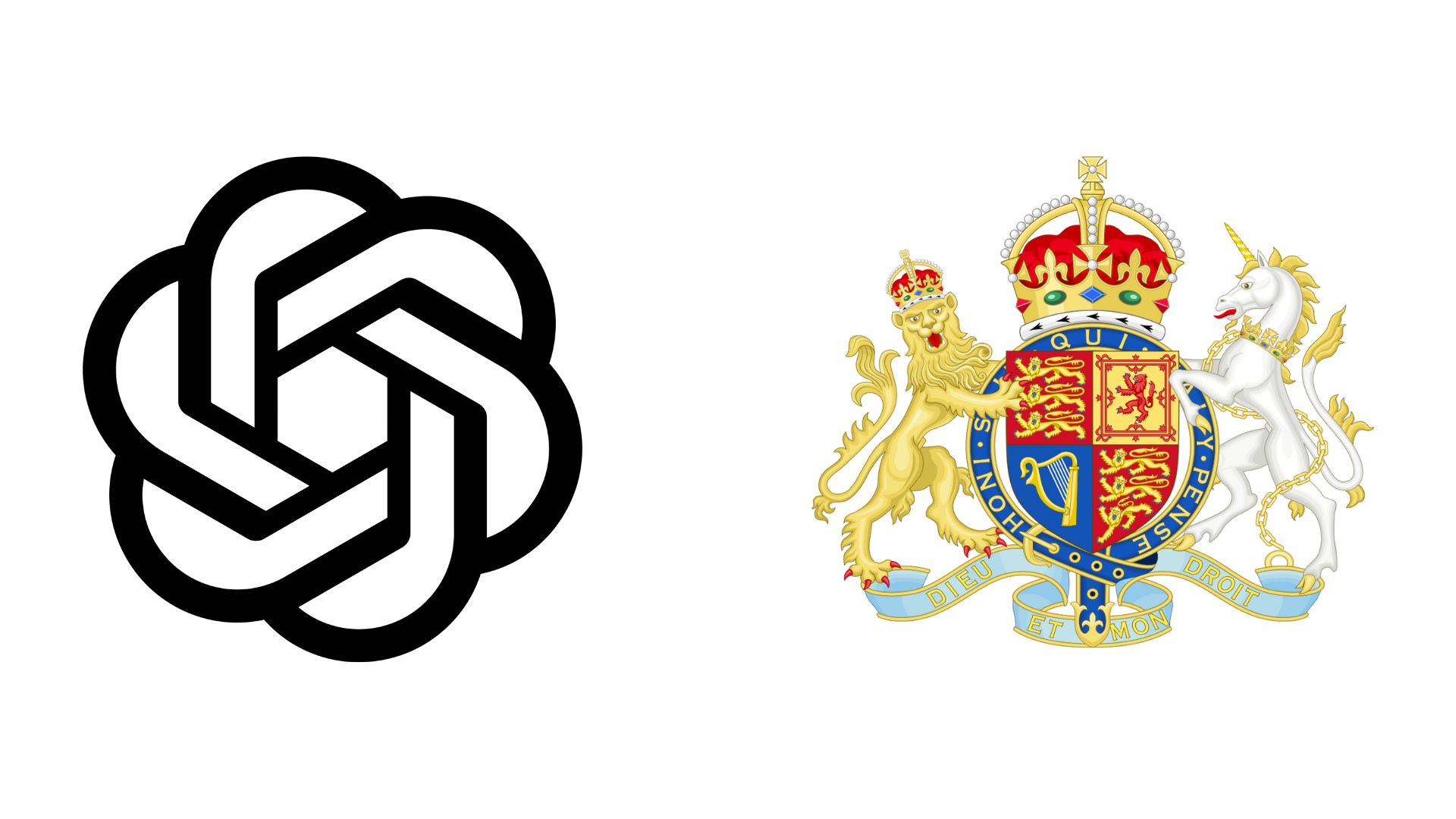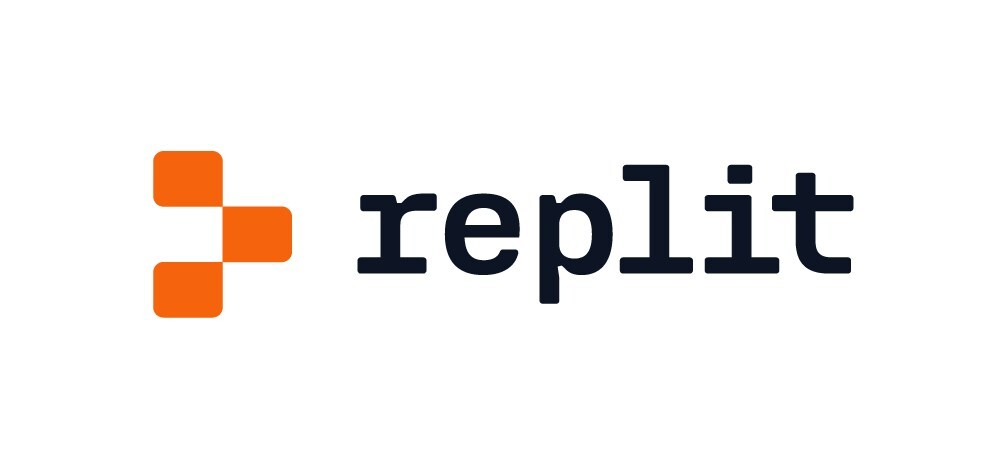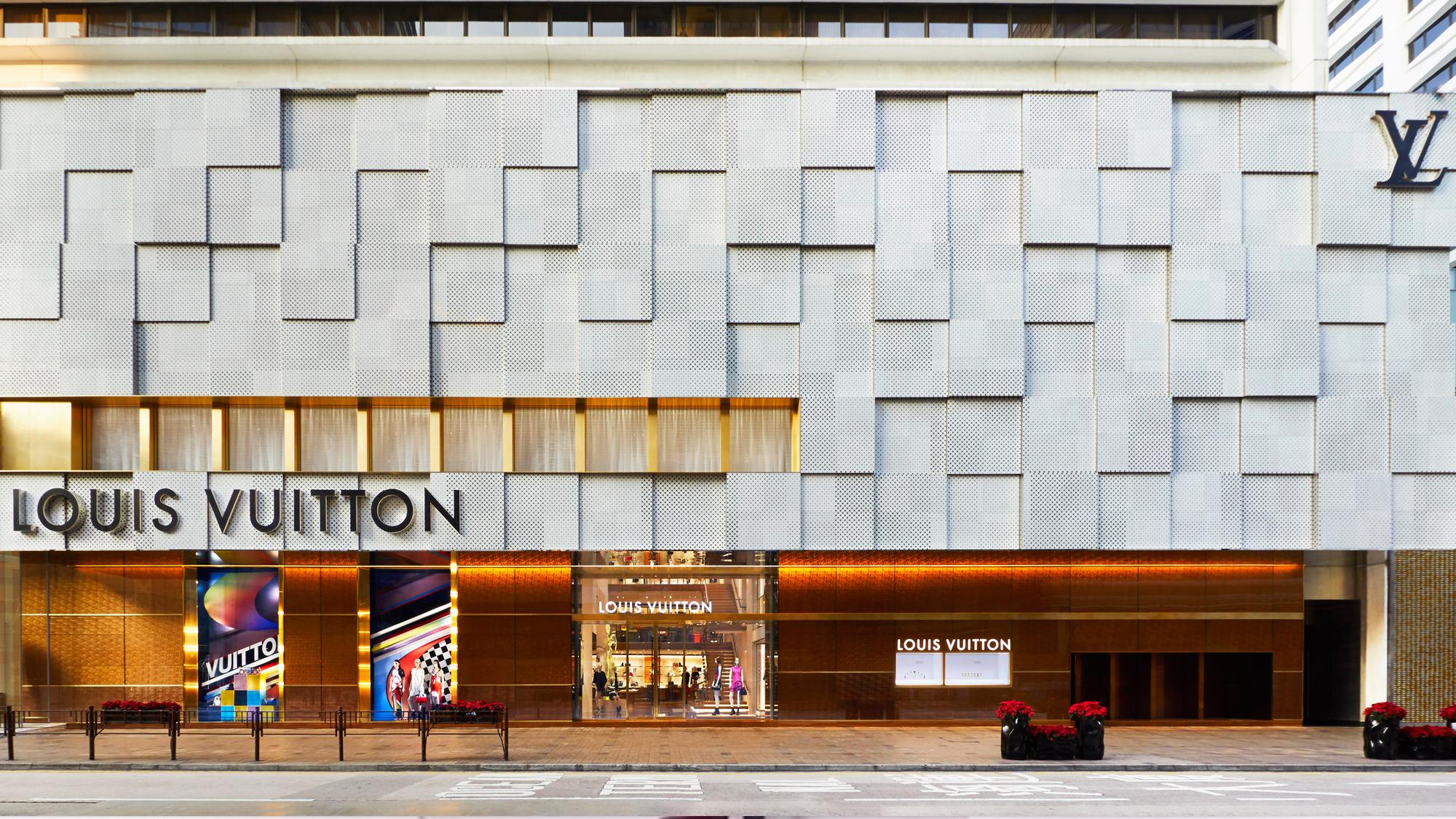US federal authorities have issued a joint warning over a spike in ransomware attacks by the Interlock group, which has been targeting healthcare and public services across North America and Europe.
The alert was released by the FBI, CISA, HHS and MS-ISAC, following a surge in activity throughout June.
Interlock operates as a ransomware-as-a-service scheme and first emerged in September 2024. The group uses double extortion techniques, not only encrypting files but also stealing sensitive data and threatening to leak it unless a ransom is paid.
High-profile victims include DaVita, Kettering Health and Texas Tech University Health Sciences Center.
Rather than relying on traditional methods alone, Interlock often uses compromised legitimate websites to trigger drive-by downloads.
The malicious software is disguised as familiar tools like Google Chrome or Microsoft Edge installers. Remote access trojans are then used to gain entry, maintain persistence using PowerShell, and escalate access using credential stealers and keyloggers.
Authorities recommend several countermeasures, such as installing DNS filtering tools, using web firewalls, applying regular software updates, and enforcing strong access controls.
They also advise organisations to train staff in recognising phishing attempts and to ensure backups are encrypted, secure and kept off-site instead of stored within the main network.
Would you like to learn more about AI, tech and digital diplomacy? If so, ask our Diplo chatbot!










